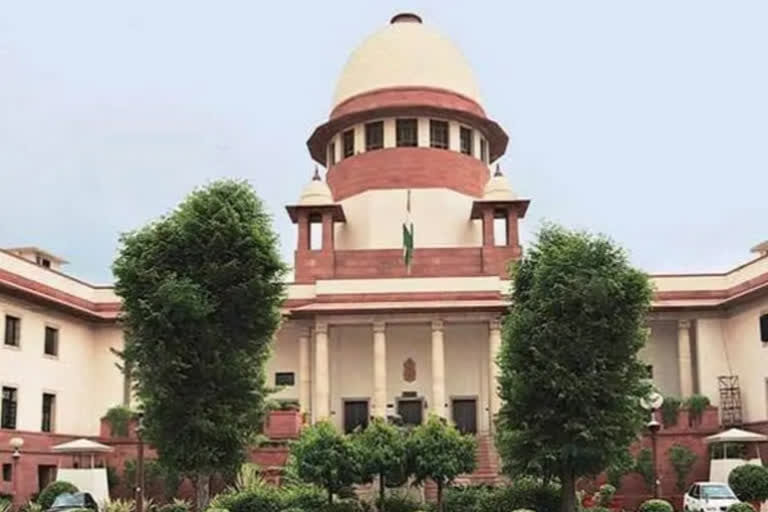New Delhi: The Supreme Court Wednesday said the high courts can order further probe or re-investigation in a criminal case to secure the ends of justice even after the charge sheet has been filed and the trial court has failed to order such a probe.
A bench of justices Dinesh Maheswari and Aniruddha Bose was dealing with the legal question as to whether a high court, in exercise of its inherent powers under section 482 of the Code of Criminal Procedure (CrPC), was justified in directing a magistrate to order further investigation when the trial court did not adopt such process after filing of the charge sheet in a criminal case.
Even when the basic power to direct further investigation in a case where a charge-sheet has been filed is with the Magistrate, and is to be exercised subject to the limitations of Section 173(8) CrPC, in an appropriate case, where the High Court feels that the investigation is not in the proper direction and to do complete justice where the facts of the case so demand, the inherent powers under Section 482 CrPC could be exercised to direct further investigation or even reinvestigation, the verdict said.
Penning the 44-page verdict, Justice Meheswari said the CrPC provision, empowering the magistrate to order further probe or re-investigation, do not limit or affect the powers of the High Court to pass an order for further investigation or reinvestigation, if the High Court is satisfied that such a course is necessary to secure the ends of justice.
The apex court, however, said the power to order further probe or reinvestigation is to be exercised sparingly, with circumspection, and in exceptional cases. The verdict culled out principles on further probe in criminal cases and said, The scheme of the Code of Criminal Procedure, 1973 is to ensure a fair trial and that would commence only after a fair and just investigation.
The ultimate aim of every investigation and inquiry, whether by the police or by the Magistrate, is to ensure that the actual perpetrators of the crime are correctly booked and the innocents are not arraigned to stand trial. It said the powers of the magistrate to ensure proper investigation under CrPC have been recognised and whether further investigation should or should not be ordered is within the discretion of the magistrate which is to be exercised on the facts of each case and in accordance with law.
The powers under Section 482 CrPC are not unlimited or untrammelled and are essentially for the purpose of real and substantial justice. While exercising such powers, the High Court cannot issue directions so as to be impinging upon the power and jurisdiction of other authorities, it said. Under section 482 of the CrPC, the high court has been given inherent powers to make such orders as may be necessary to give effect to any order under this Code, or to prevent abuse of the process of any Court or otherwise to secure the ends of justice.
The top court dismissed the appeal of petitioner Devendra Nath Singh against an order of the Patna High Court. The high court had on September 10, 2018 directed the Additional Chief Judicial Magistrate (ACJM) of Barh in Patna district to order further probe in a case related to misappropriation of stocks worth Rs 16.99 lakh from the godown of the Bihar State Food and Civil Supplies Corporation during 2010-11 and 2011-12.
Singh, the then District Manager of the Corporation, had said the high court was not empowered to pass such an order as the charge sheet was already filed and he was not even made an accused. Moreover, he was given a clean chit by the informant Senior Deputy Collector-cum-District Manager who was in-charge of the godown, the petitioner had said. The Patna High Court had ordered the ACJM to order further probe against Singh. (PTI)



